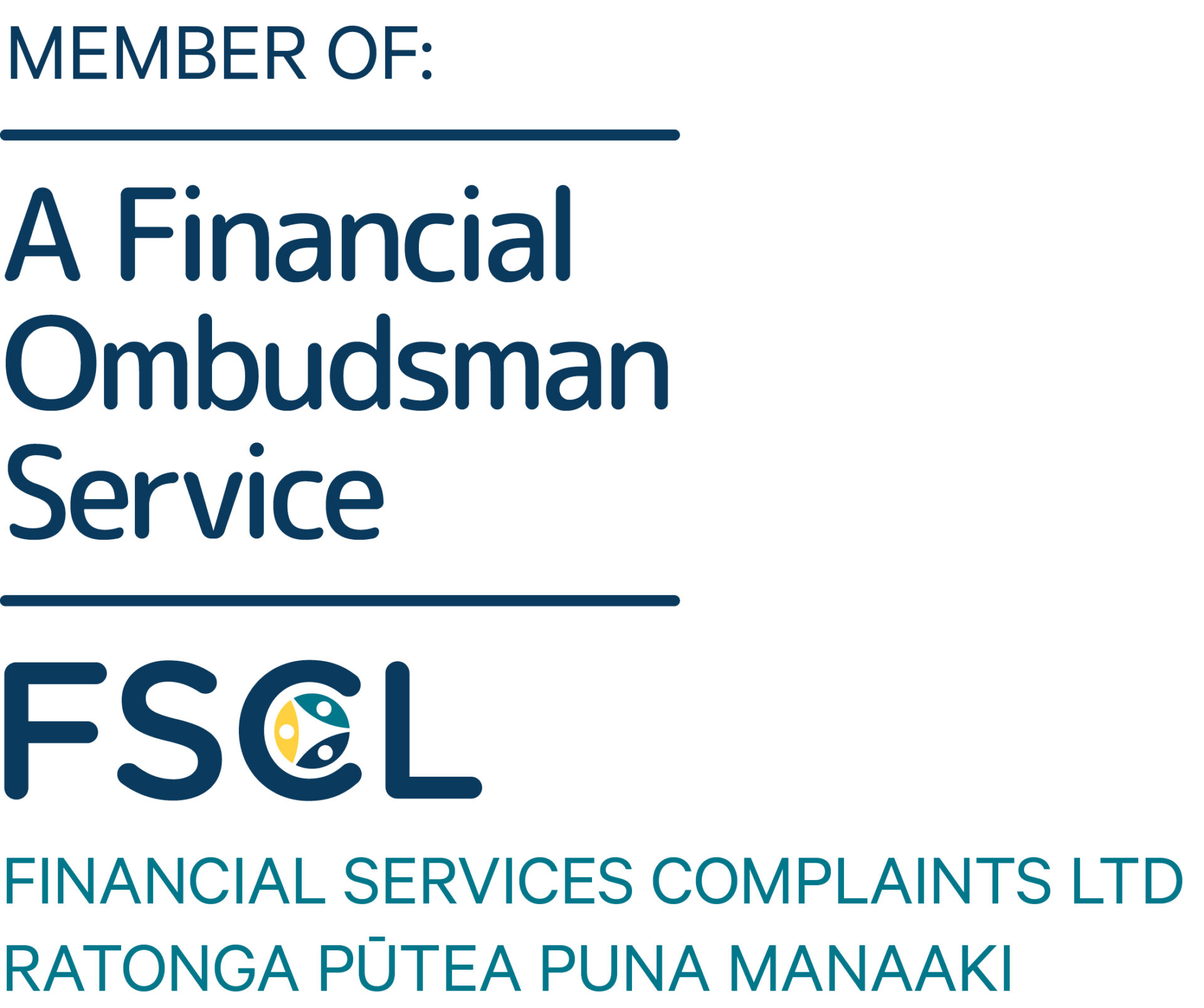Changes to Trust Legislation
Trusts Act 2019 - are you ready?
Changes to Trust legislation have been made, with the provisions of the new Trusts Act 2019 are now in effect (as of 30 January 2021).
The Trusts Act 2019 is the first major rewrite of trustee legislation since the Trustee Act 1956. The new Act is intended to update existing Trust law, making it more accessible for all New Zealanders and ensuring that beneficiaries have enough information so that the terms of the Trust are being carried out properly. Learn more about how the new Act is moving us on from the 1950s here.
So what are the changes?
Trustee Duties
Previously, to locate Trustee duties we relied on lawyers, texts on trust law and case law, but now Trustee duties are formalised in legislation. The requirements placed on Trustees are higher and there is no excuse for not knowing what is required.
The new Act separates Trustee duties into two areas as follows:
Mandatory Trustee duties:
- Duty to know the terms of the Trust;
- Duty to act in accordance with the terms of the Trust;
- Duty to act honestly and in good faith;
- Duty to act for the benefit of Beneficiaries or to further the permitted purpose of the Trust;
- Duty to exercise powers for a proper purpose.
Default Trustee duties:
- General duty of care;
- Duty to invest prudently;
- Duty not to exercise power for own benefit;
- Duty to consider exercise of power;
- Duty not to bind or commit trustees to future exercise of discretion;
- Duty to avoid conflict of interest;
- Duty to act impartially;
- Duty not to profit;
- Duty to act for no reward;
- Duty to act unanimously.
Mandatory duties apply no matter what and cannot be excluded. Default duties can be modified or excluded by the terms of the Trust.
The list of Trustee duties is not full and final. However, it is intended to outline the basics so that both Beneficiaries and Trustees are aware of what is expected.
Beneficiaries’ rights to information:
As a minimum, Trustees are required to provide Beneficiaries with basic Trust information, as early as possible, after the Trust has been set up. Basic Trust information should ideally be supplied to Beneficiaries without them asking for it.
Basic Trust information is:
- The fact that the person is a Beneficiary of the Trust;
- The name and contact details of the Trustees;
- The occurrence of, and details of, each appointment, removal, and retirement of a Trustee as it occurs; and
- The right of the Beneficiary to request a copy of the terms of the Trust and Trust information.
On an ongoing basis, Beneficiaries need to be kept informed of the administration of the Trust.
Trust information is defined in the Act as meaning any information:
- Regarding the terms of the Trust, the administration of the Trust, or the Trust property; and
- That it is reasonably necessary for the Beneficiary to have to enable the Trust to be enforced; but
- Does not include reasons for Trustees’ decisions.
Other areas impacted by the Trusts Act 2019:
Under the old law, the age of majority was 20. This is the default age that a person can inherit if a specific age is not stated. Under the new Act, the age of majority is now 18.
The new Act also extends the maximum period of a Trust from 80 years to 125. This is the default maximum lifetime of a Trust, unless a specific period is stated in the Trust deed.
How does the new Trust Legislation impact me?
How the changes impact you depends on the role you currently have in respect to any Trust. Are you the Settlor of a Trust? Are you a Trustee? Are you a Beneficiary?
If you are a Beneficiary of a Trust, you have rights to information. You should expect to hear from the Trustees of the Trust without any need for you to take action for that to occur.
If you are a Settlor of a Trust you should review your reasons for establishing the Trust; do they still exist? Are they the same now as they were when you established the Trust? Is there still a sufficient need for the Trust? Here are the questions you need to ask about your Trust.
If you are a Trustee you need to be fully aware of your obligations and the actions you need to take to be compliant.
Do you still want to be a Trustee?





